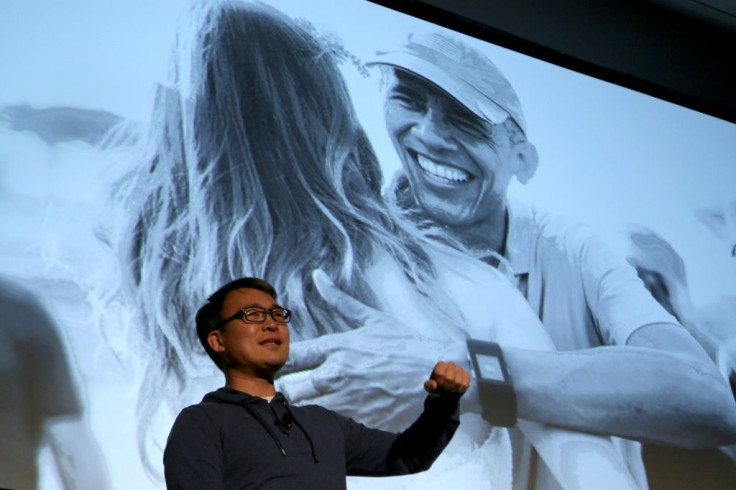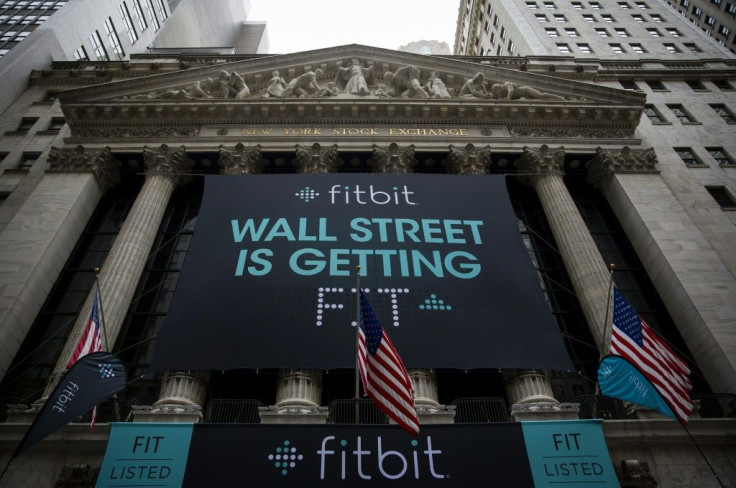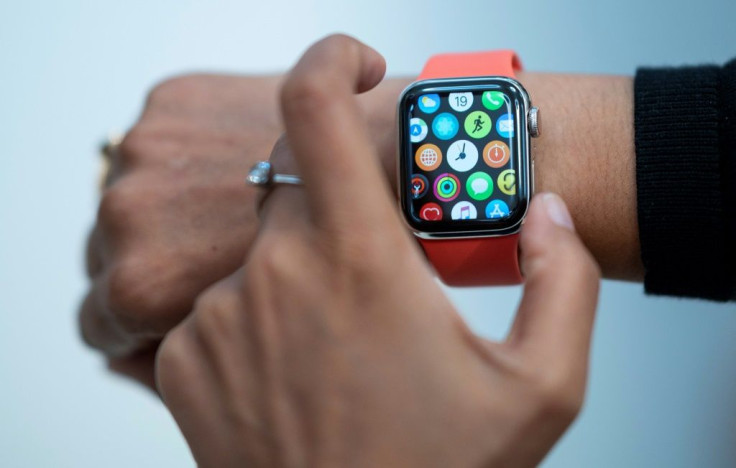Google Buying Fitbit In Move Into Wearables, Digital Health

Google agreed Friday to buy Fitbit for $2.1 billion in a move giving the US tech giant a fresh entry in the wearable technology space and helping it ramp up its challenge to Apple.
The deal for one of the top makers of fitness trackers comes with the internet search leader seeking to expand further into hardware.
"We have built a trusted brand that supports more than 28 million active users around the globe who rely on our products to live a healthier, more active life," Fitbit co-founder and chief executive James Park said in a statement by the two firms announcing the deal.
"Google is an ideal partner to advance our mission."
Rick Osterloh, Google senior vice president for devices and services, said the deal means "bringing together the best hardware, software and AI" to bring more wearables to the marketplace.
"Google aspires to create tools that help people enhance their knowledge, success, health and happiness. This goal is closely aligned with Fitbit's long-time focus on wellness and helping people live healthier, more active lives," Osterloh said in a blog post.
The companies said the Fitbit platform would remain "platform-agnostic" and continue to serve Apple's iOS devices as well as those powered by the Google Android system.
The tie-up may also enable Google to expand into digital health, following Apple in partnerships with researchers and medical facilities which use wearables to collect data.

"Google sees important opportunities in digital health moving forward, but they needed a stronger set of devices to fit into the digital health environment," said Bob O'Donnell, chief analyst at Technalysis Research.
Fitbit losing steam
While Fitbit helped popularize fitness bands and trackers, it has lost ground in recent years to rivals in the wearables market as Apple shook up the market with its top-selling smartwatch.
A survey by research firm IDC for the second quarter of 2019 found Fitbit in fourth place in a market led by China's Xiaomi, followed by Apple and Chinese-based Huawei.
Fitbit introduced its own smartwatch in 2017 but it has failed to keep pace with the Apple Watch, introduced in 2015.

Google, which faces pressure from regulators around the world over its dominance of internet search, has been boosting its hardware offerings, including a line of Pixel smartphones and tablets, along with connected speakers.
The Alphabet unit is largely absent from wearables gadgetry, following its failed Google Glass project, but produces the WearOS software used by makers of these devices.
Harvesting data?
The companies said they would take steps to protect user data after the tie-up, and that Fitbit-generated data would not be used for ad targeting by Google.
"Fitbit will continue to put users in control of their data and will remain transparent about the data it collects and why," the company said.
"The company never sells personal information, and Fitbit health and wellness data will not be used for Google ads."
Still, analysts pointed out that Google may benefit from the large Fitbit database for health apps and artificial intelligence.
"Google is acquiring customers and data," said Patrick Moorhead of Moor Insights & Strategy. "I think it's a good move given Google has failed so far in wearables and Apple is so far ahead with Watch."
Avi Greengart of the consultancy Techsponential said Google will benefit from the large amounts of data generated from devices as it refines its artificial intelligence tools.
"One way to use data is to sell advertising, another is to better understand human behavior," Greengart said.
Greengart said he sees the main driver of the deal to be Fitbit's strong brand, which can help jump-start a push into wearables.
Stephen Mears of Futuresource Consulting agreed, saying both firms will benefit from the tie-up.
"Fitbit's strong brand presence and expansive portfolio that straddles high-end fitness trackers and entry-level smartwatches, as well as its growing health subscription services, will give Google a large enough footprint from which it can relaunch itself into the wearables competition," Mears said in a research note.
"Moreover, with Google's mixed success in its go-to-market strategies for other hardware, the company has also acquired Fitbit's expertise in developing strong consumer demand."
© Copyright AFP 2024. All rights reserved.




















